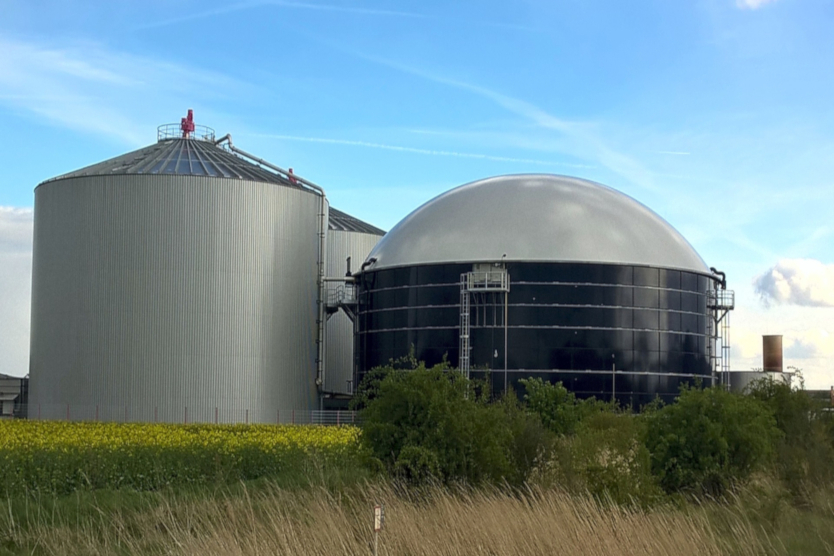
A biogas-plant, a frequent sight on land. The aim of the project CLEAN is to produce biogas also aboard of cruise ships.
© pixabay
Compared to waste generated on land, the composition of organic waste produced on cruise ships is not very homogeneous: in addition to leftover food there is also floating debris from pre-treated kitchen waste and sewage sludge.
Within the scope of the research project CLEAN, being funded by the Federal Ministry for Economic Affairs and Energy (BMWi) until July 2020, researchers are investigating how the generation of biogas from the waste can be used to produce energy. As previous projects focus on the land-based use of sludge and organic waste, this project aims at the direct use of bioenergy on board to produce heat and electricity. At the same time, the research group is seeking to biologically stabilise, make more hygienic and as far as possible reduce the remaining residues.
The project will initially involve analysing the accumulated organic waste, this will be followed by laboratory and semi-industrial trials leading to the reactor design. Finally, the anaerobic technology that has been developed will be tested on board a cruise ship. The Institute for Sanitary Engineering and Waste Management (ISAH) of Leibniz University Hanover is also working on developing and producing an additive generated in the biogas processes for purifying smoke emissions on board ships.
Apart from ISAH, the Innovations- und Bildungszentrum Hohen Luckow e.V., Carnival Maritime GmbH (operating the cruise ships of the Carnival Group in Germany) and MARTIN Membrane Systems AG are also participating in the CLEAN project.


